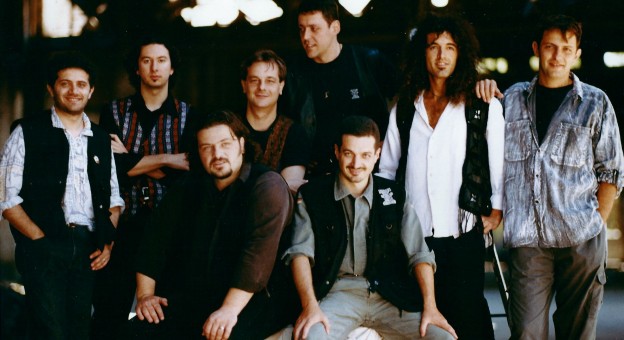I used to be a fairly successful rock musician (Italian Wikipedia). So, when in the 90s the main Italian daily newspaper, Repubblica, launched a music magazine (called XL in its latest incarnation), my colleagues and I were paying close attention. This was, after all, possibly the only genuinely mass market music medium in the country other than embarassingly bad commercial radio – no Melody Maker for Italians. My projects ended up being featured in the mag several times over the years.
I recently gave another interview to XL magazine – this time in my capacity as an economist with some expertise in the digital economy. Lo and behold: the cover story is dedicated to the death of Rock’n’Roll (with a photo of the late Lou Reed to drive the point home). My interview is titled “Music has lost its ability to change the world”. And this sets the mood for what turns out to be the final issue of the magazine in paper: from now on it will be just a website, bits all the way down. The digital perfect storm, the crisis of traditional publishing models yada yada.
Hardly world shattering news, just another music mag in a peripheral country that did not make it through. But hey: there is a poetic touch in here. Look, I am featured again in this magazine – I used to be in it back in the days. It’s shutting down, because it could not navigate the Internet era. You, dear reader, and I, on the other hand, are not shutting down, because we more or less could. I count myself as very privileged: I had a front seat – more than that, I was literally in the stage – in the 90s, a time when the planet seemed to be changing for the better and music seemed to play a big role in the way we thought about the world and what to do with it. Later, just as the Internet age was setting in, I dropped out of my nice middle-class minor rockstar status and ventured onto the social Internet. I am still here, over twenty years after publishing a surprisingly successful debut album, leveraging my economics studies and lots of complexity science that I picked up on the way, trying to make sense of it all.
And yes, I am confused. And no, I have no master plan, I make it up as I go. But I don’t feel like a complete stranger to this world, and I’m not utterly lost or future shocked. Nor have I ended up a nostalgic. Really, I could not ask for more of my middle age.
